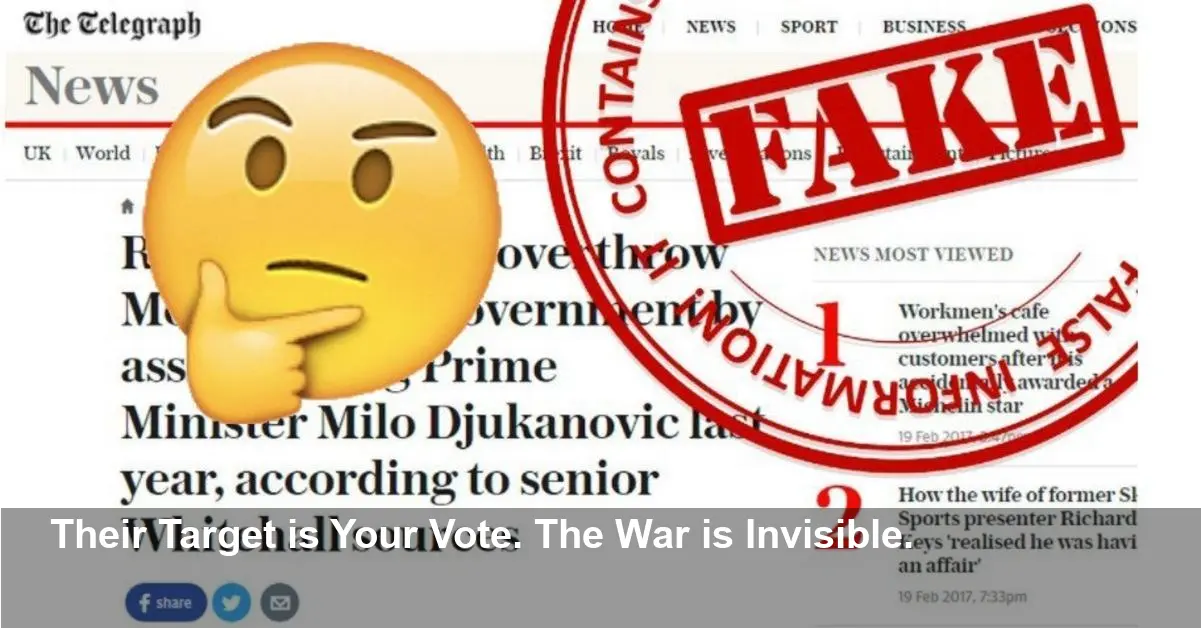EU Unveils 'Democracy Shield' to Combat Russia's War

- The European Union is launching the "European Democracy Shield," a new initiative to counter Russia's hybrid attacks on European elections and media.
- The plan involves increased financial support for independent press, especially in rural "media deserts," and a new center to coordinate defenses against foreign interference.
- Recent events in Romania, where a presidential election was annulled due to Russian manipulation, and similar interference in Moldova, are cited as urgent warnings.
- The EU now considers electoral processes as "critical infrastructure," requiring the same level of protection as essential systems like submarine cables.
EU Declares War on Foreign Interference
In response to what it describes as a relentless "war of influence" waged by Russia, the European Union is rolling out a comprehensive package of measures designed to safeguard its democratic processes. The initiative, dubbed the "European Democracy Shield," aims to protect the integrity of elections and the freedom of the press from the Kremlin's escalating hybrid attacks.
A draft of the European Commission's plan, set to be presented this week, accuses Moscow of a deliberate strategy to "erode trust in democratic systems" through widespread disinformation and the distortion of historical facts. The document underscores the gravity of the threat, highlighting Russia's intensified aggression beyond its physical war in Ukraine.
The European Democracy Shield
The core of the EU's new strategy involves several key actions. A central European hub will be established to coordinate the bloc's efforts against foreign interference. Furthermore, the plan promises more substantial financial support for independent media to combat the rise of "media deserts"—rural areas where local news outlets have vanished due to financial hardship. Brussels also intends to implement tighter controls over media ownership concentration to prevent hostile takeovers.
However, some officials believe the measures, while positive, may not be enough. French MEP Nathalie Loiseau praised the initiative as a step "in the right direction" but criticized the slow enforcement of existing rules, pointing to the lengthy investigation into social media platform X for potential legislative breaches.
Romania and Moldova: A Case Study in Manipulation
The urgent need for these measures was starkly illustrated by recent events within the EU and its neighboring countries. Romania became the first member state to annul a presidential election after its intelligence services uncovered a massive Russian-orchestrated manipulation campaign. The interference included large-scale cyberattacks on the electoral IT system and an aggressive online propaganda push for an extremist candidate.
Similarly, Moldova, a candidate for EU membership, has reported extensive Russian interference, including vote-buying schemes and coordinated disinformation campaigns aimed at destabilizing its pro-Western government.
From Disinformation to Cyber Warfare
Beyond propaganda, Brussels identifies cyberattacks and the rapid evolution of artificial intelligence as two other major threats. "Electoral processes must be treated as critical infrastructures, just like submarine cables," warned Loiseau, emphasizing the need for robust protection.
The Commission's report details dozens of disinformation campaigns detected before the European elections, such as the notorious "Doppelganger" operation. This campaign involved creating fake websites that mimicked established European publications to spread anti-Western narratives. The report also notes that China is a significant source of disinformation, using PR firms and influencers to promote pro-Beijing messaging across Europe.





